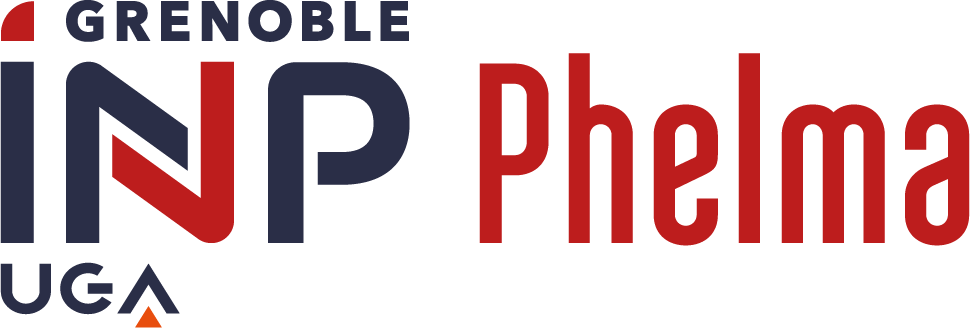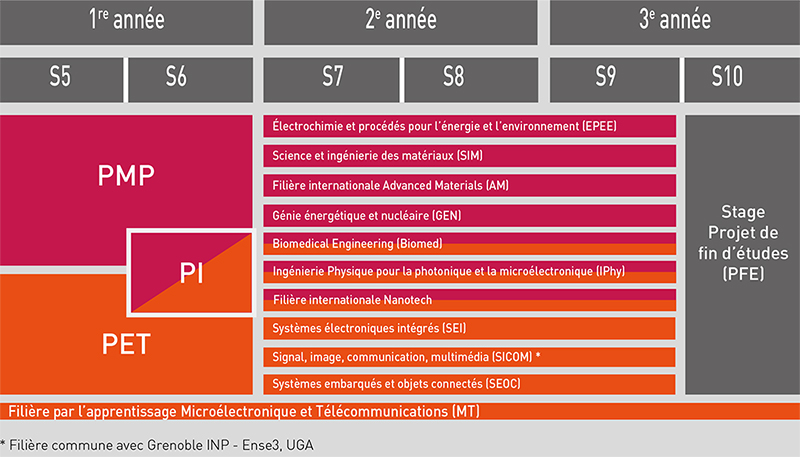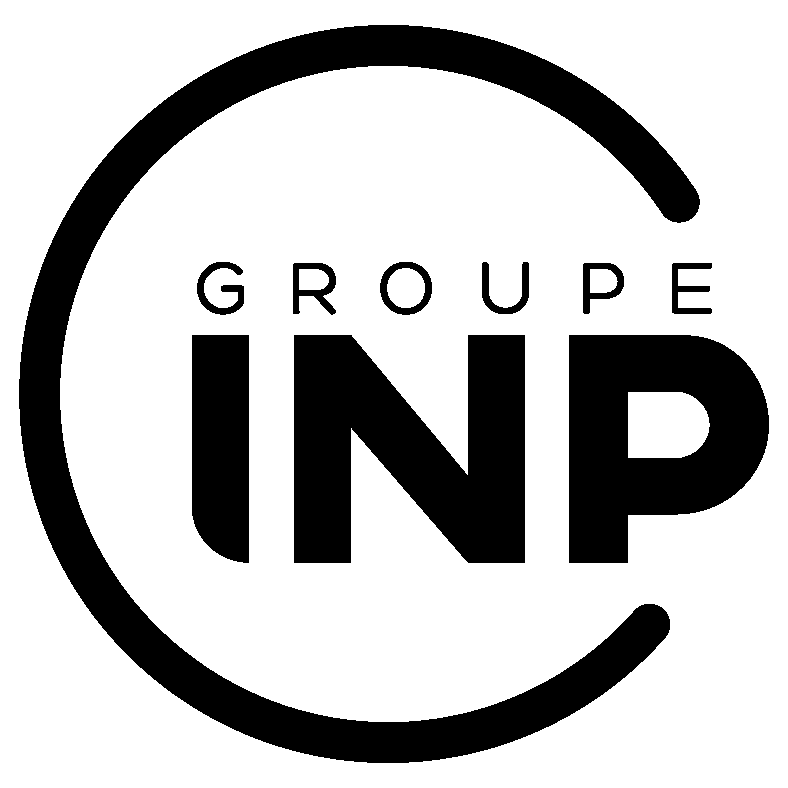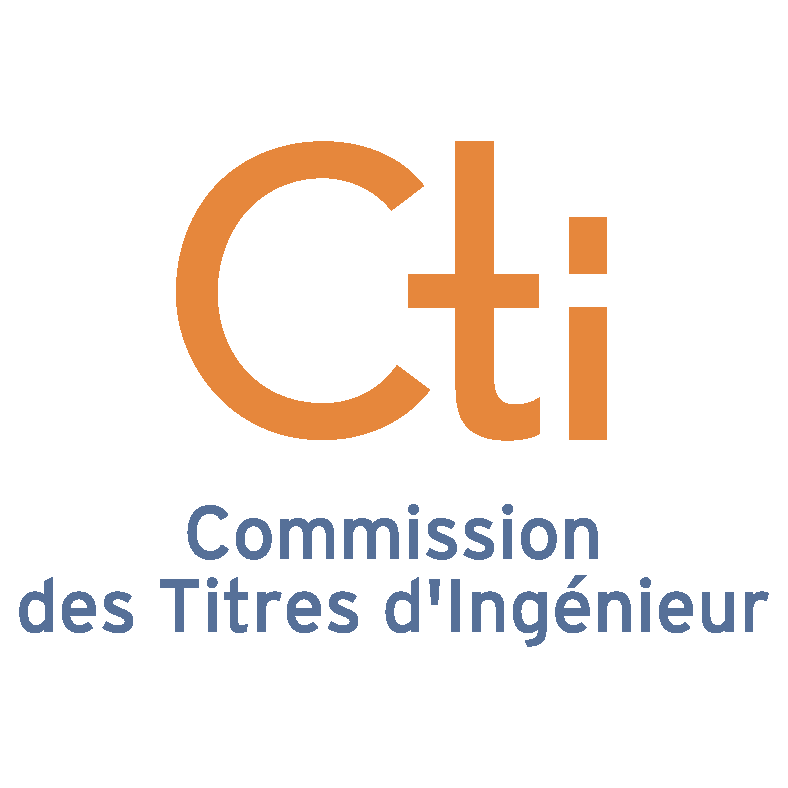Studies
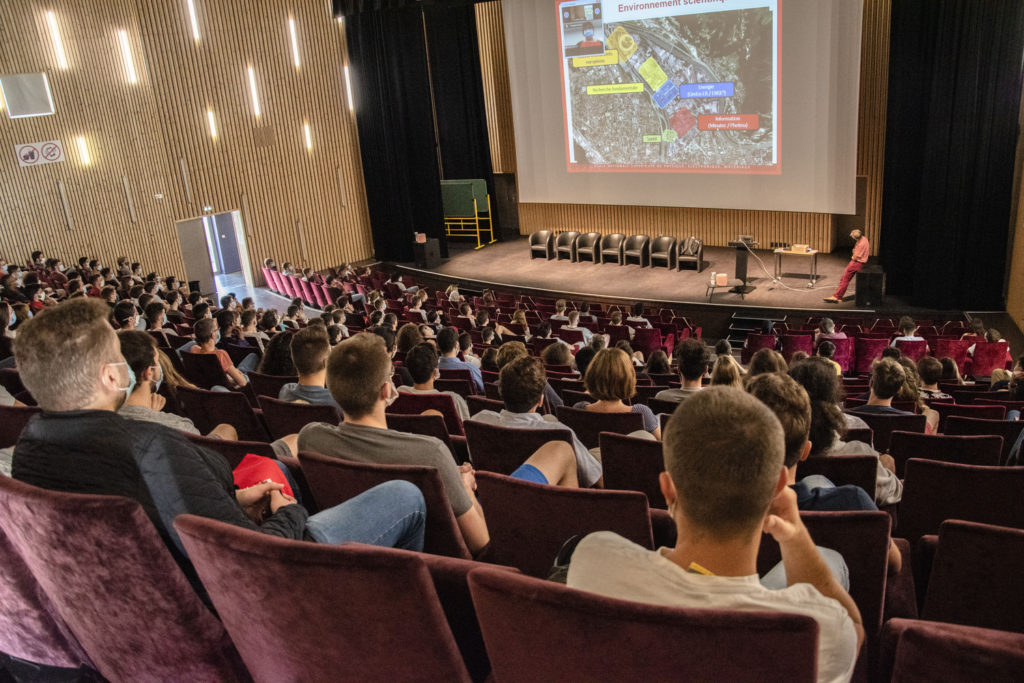
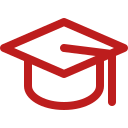
THE GRENOBLE INP - PHELMA ENGINEERING PROGRAM
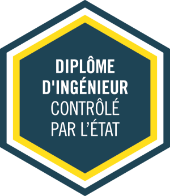
The 1st year
The time to discoverand choose
Students entering the first year must first choose between
the 2 proposed courses :
Physics Materials Processes (PMP)
Physics Electronics Telecommunications (PET)

A training course
generalist and solid
Students acquire a solid scientific foundation in physics and physical chemistry, instrumentation, electronics and information processing.
Students learn about the themes of the future programs offered at Phelma.
2nd and 3rd year
job-oriented courses of study
At the end of the first year, students chooses their field of study according to their preferences. Regardless of the first year course of study, a student may enter any course of study depending on the number of places available.
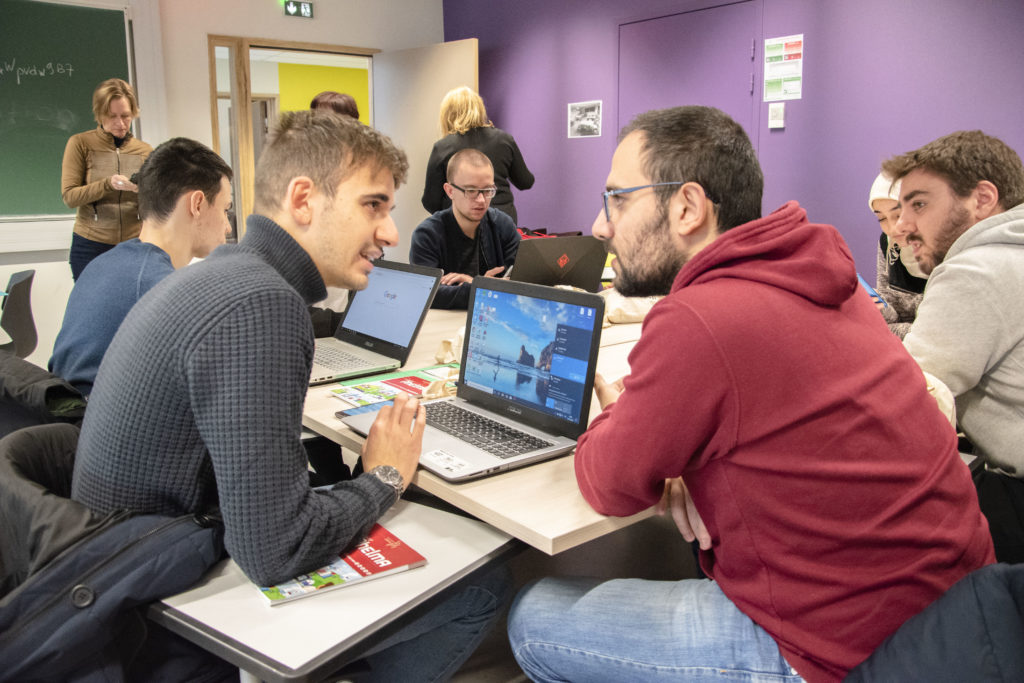
International courses
Phelma offers a joint international master’s degree in engineering. The courses are taught in English with one or more semesters in foreign universities.
Double "engineer-manager" degrees
Double “engineer-manager” degrees
To provide cross-disciplinary skills in addition to the scientific and technical skills acquired at Phelma.
Spouses with :


ENGINEER BY WAY OF APPRENTICESHIP

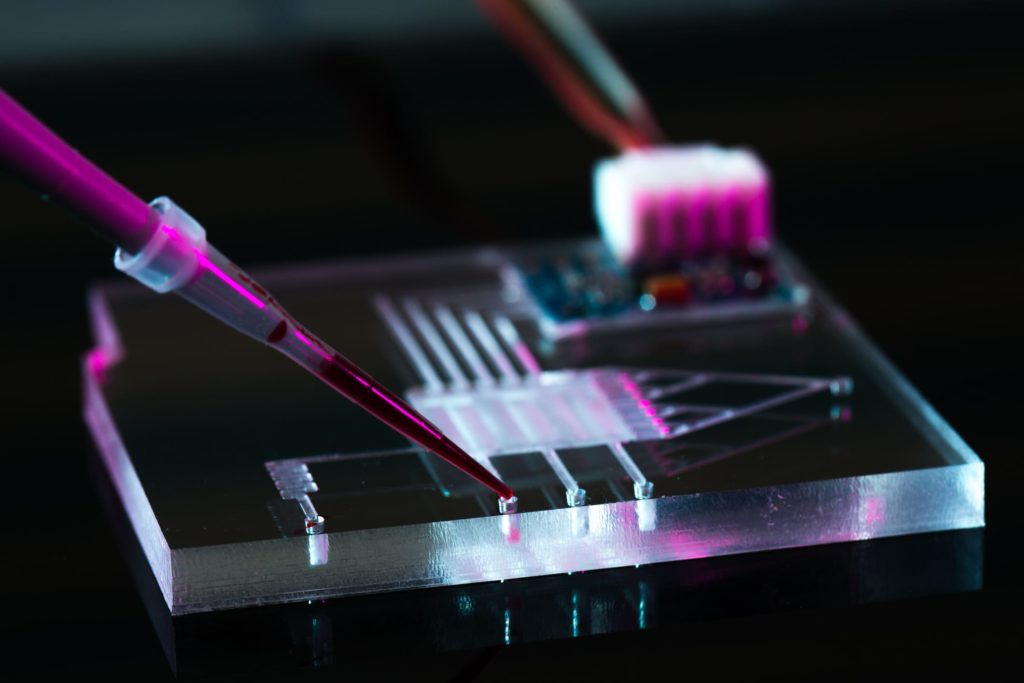
Engineer in Microelectronics
and Telecommunications (MT)
For Holders of a DUT in Electrical Engineering and Industrial Computing (GEII), Physical Measurements or Networks-Telecoms, a BTS + ATS or a Licence in EEA, Applied Physics or TelecommunicationsThe aim of the MT program is to train engineers in the design and testing of analog, digital and mixed-signal integrated circuits, embedded systems and radio frequency systems.

A LARGE NUMBER OF MASTER'S DEGREE COURSES
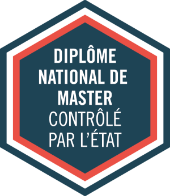
M1 and/or M2
in single or double course
Phelma offers a large number of master’s degree programs related to its wide range of scientific topics.
These courses are a real gateway to the doctoral thesis. This engineer/doctor profile is very popular for starting a career in applied research in partnership with industry, or in fundamental research in public research laboratories.
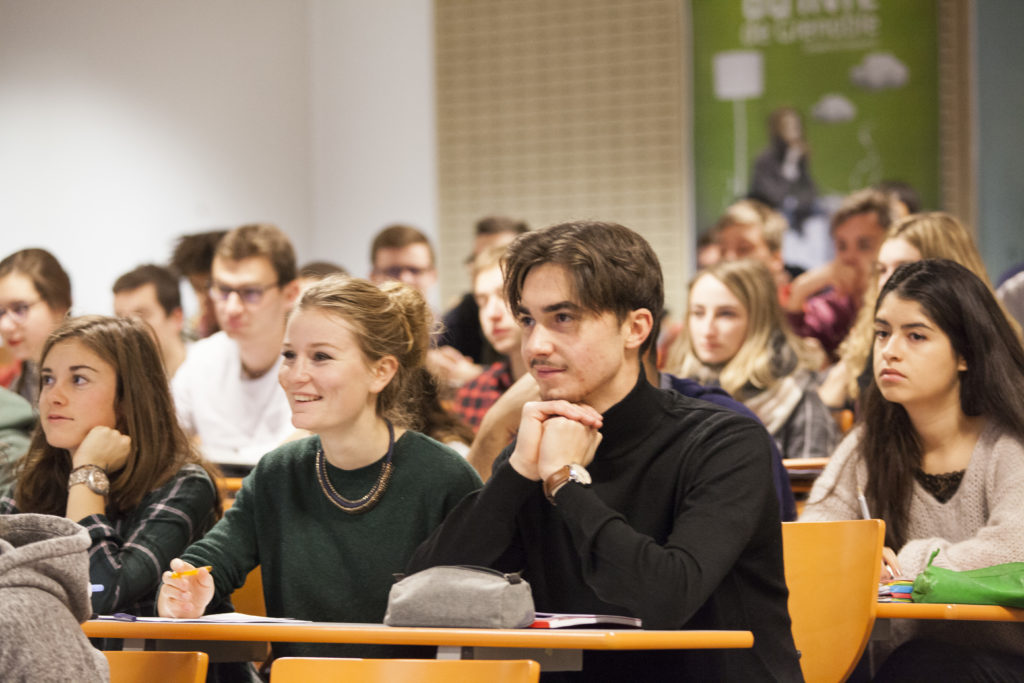
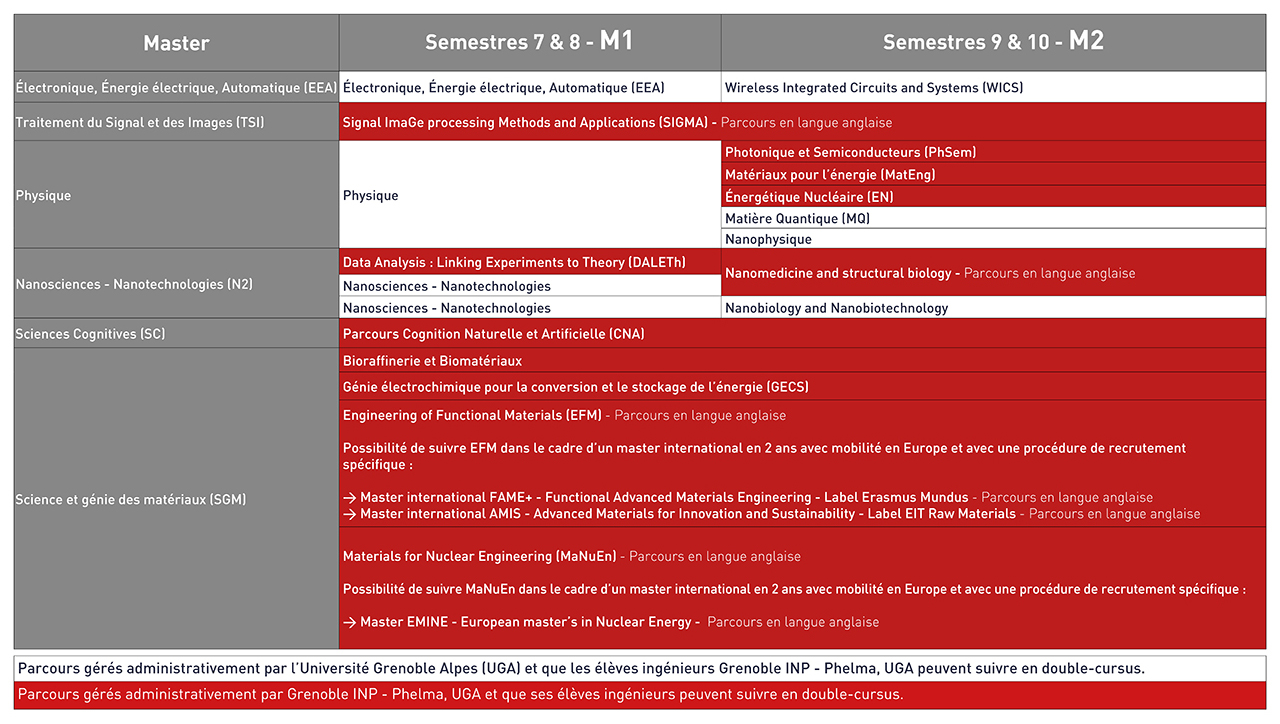
THE STRONG POINTS
• Great diversity in the choice of scientific courses in the 2nd and 3rd years.
• Job-oriented training courses adapted to the evolution of employment.
• Training particularly well recognized by the professional world
• Pedagogy anchored in the concrete: large place for practical work, student projects, Fablab,…
• International courses taught in English • Exceptional synergy between education, research and industry
